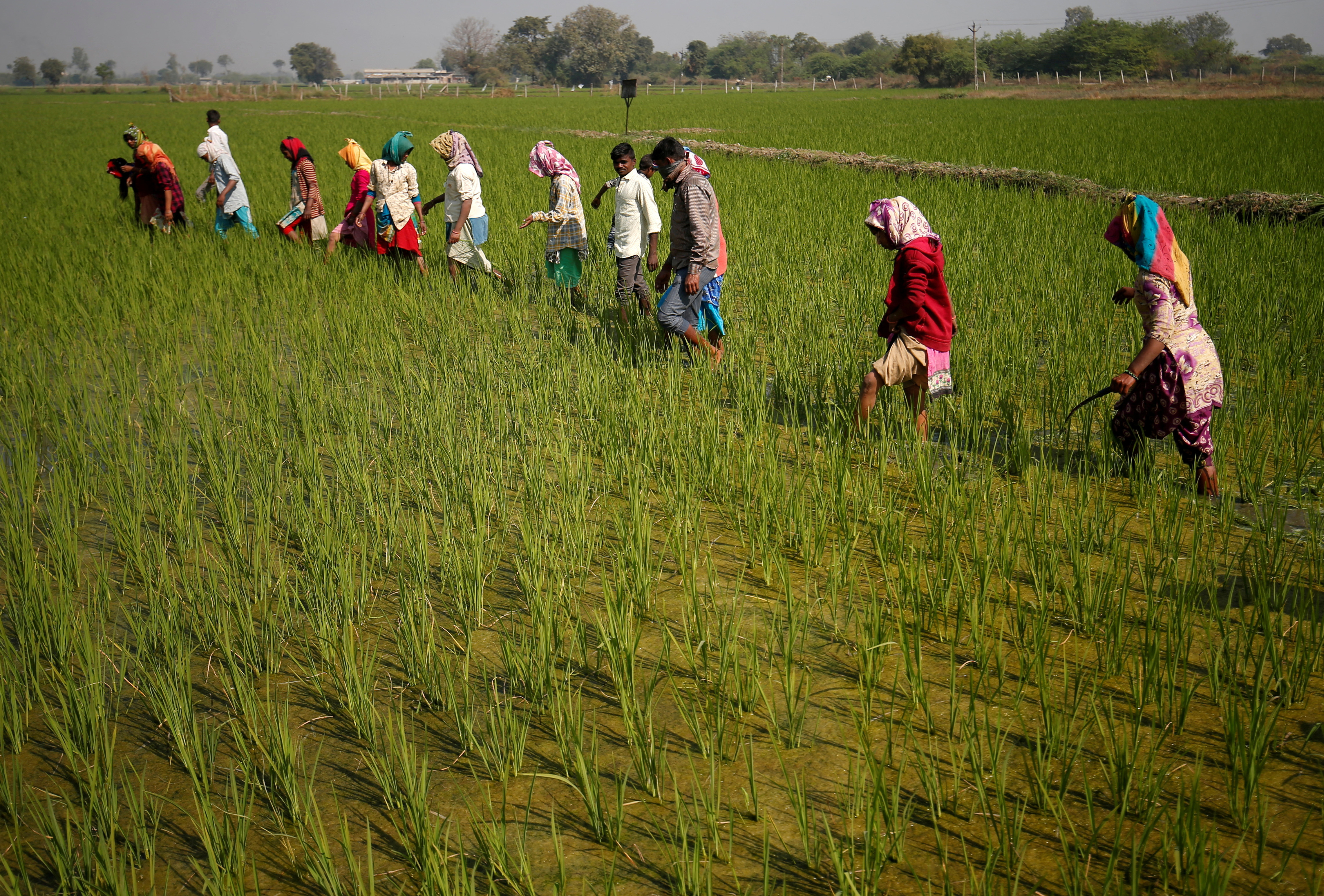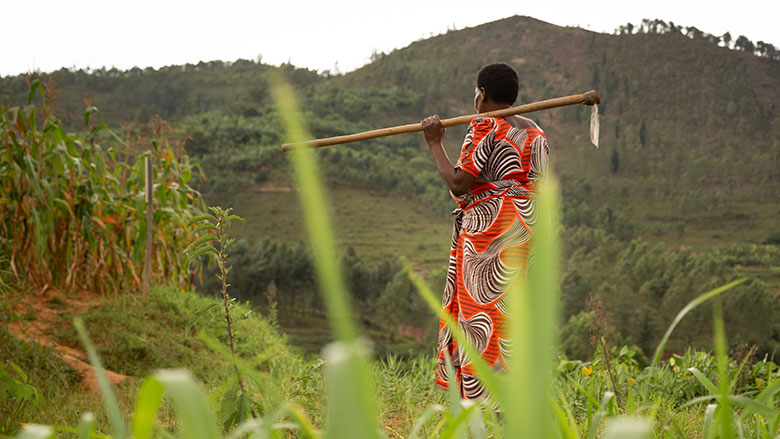Crop losses tied to extreme weather triggered over $3 billion in crop insurance payouts to California farmers in the last 20 years.
The data was based on a recent study published by the nonprofit Environmental Working Group and analyzed payments made to farmers from the Federal Crop Insurance Program between 2001 and 2022.
The program, funded in large part by taxpayer money, pays farmers when their crop yields decline in an effort to keep the agricultural sector economically stable. The study identified the top five weather-related causes of crop loss leading to payouts nationally: Heat, excess moisture, drought, hail and freeze. Payouts in each of these categories have more than doubled nationally since 2001.
“Together, these five weather conditions caused over $118 billion of crop insurance payments nationally between 2001 and 2022,” said Anne Schechinger, an agricultural economist who led the study.
Schechinger said California farmers are top in the country when it comes to losing crops due to both heat and freeze. She said payouts for crops lost due to heat alone amounted to over $1.3 billion in California between 2001 and 2022. The majority of these impacts were felt in Central Valley counties including Kern, Tulare and Fresno. Since 1995, Fresno County has led California with crop indemnities totaling $1.2 billion, followed by Kern County with $808 million and Tulare County with $509 million.
“A lot of us think about drought when we think about agriculture in California,” Schechinger said. “But heat’s actually the really large cause of the crop insurance payments.”
She said climate change is largely to blame for the steady increase in costs. Schechinger cited pistachios grown in California as one example. According to the report, pistachio farmers in California received the most payments due to heat, followed by prune and grape farmers.
“There are certain cold temps that pistachios need to really thrive and we’re seeing warming temps in the winter at a bad time,” she said.
Schechinger said there’s a need to reform the crop insurance program. She recommends more money be spent helping farmers adapt to a changing climate rather than financially recovering lost crops.
Source - https://thesungazette.com













